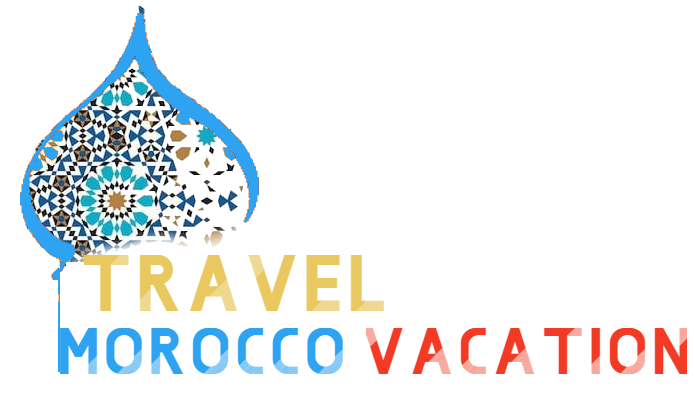some aspects of the moroccan culture
Morocco is culturally a diverse country in its linguistical and ethnical components. It’s also distinct with deep-rooted traditions that are handed down from a generation to another. Morocco has witnessed several ethnicities, invasions, and conquests through the history. The beginning with Berbers as the indigenous people to Judaism and Phoenicians B.C, Christianity, Roman empire, Arabs with Islam. Plus, to the Arabic and Amazigh dynasties, and lately the western influence. Subsequently, these factors have leaded to produce several traditions, rituals, and habits to make diverse and worthy culture to explore.
The Moroccan culture is also divided into different subcultures that somehow vary from a region to another. For example, the Moroccan dialects are not spoken samely in the region.Tariff is used in north of Morocco, Soussia in the region of Agadir, and Tachlhite in the Atlas. Plus, to the spoken Moroccan Darija that differentiates from place to another. Similarly, with the different types of music and celebrations that Moroccan culture is rich by. For instance, “Gnawa Music” that’s brought by southern african slaves and is considered as “UNESCO Intangible Cultural Heritage of Humanity” in 2019. This spiritual music is rituals of the mixture of sing and dance. In addition to the traditional “Ahidous” in the Atlas and “Ahouash” in the “Souss” region that are the antique and oldest Berber dance. Moreover, the many festivals that seasonally take place in Morocco. For instance, The Festival of Roses in “Kalaat M’gouna, the physic nut one in Sefrou, and Gnawa Festival in Essaouira.
All of these features of Moroccan culture are only some of many to show the rich culture of the country.



